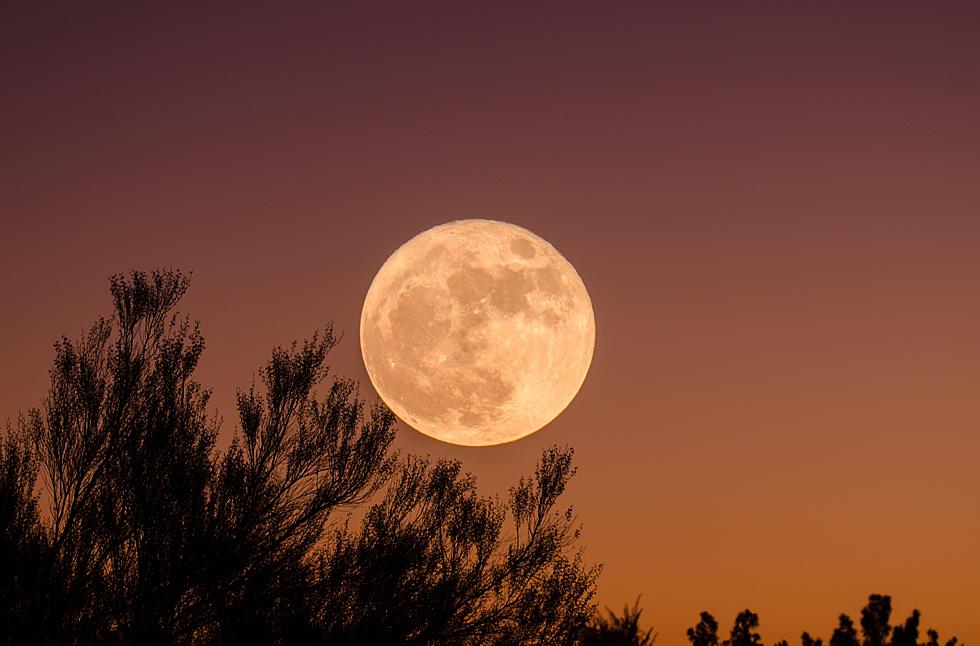
The Moon IS Bigger and Brighter – What You Need to Know About Tonight’s Supermoon
No, you're not hallucinating (not yet anyway). The moon really is bigger, and today's supermoon is one of two visible in August. Today's jumbo spotlight moon is called the Sturgeon Moon, and it is larger and brighter than a traditional full moon visible other times of the year.
Why on Earth would it be bigger and brighter? Great question - I'm glad you asked. It turns out moon's orbit around Earth isn't perfectly circular, it's elliptical (a squished circle) and that means the Moon is closer to Earth during supermoons, which are visible tonight (Sturgean Supermoon) and again August 30 (Blue Supermoon).
That's right, tonight the moon will be at perigee - only 222,159 miles away from Earth, compared to apogee, when the moon is farthest away (253,000 miles away).
According to NASA the term “supermoon” was coined in 1979 and is often used to describe what astronomers would call a perigean (pear-ih-jee-un) full moon: a full moon occurring near or at the time when the Moon is at the closest point in its orbit around Earth.
Astronomers say tonight's supermoon will be about 8% bigger and 16% brighter than a typical, garden-variety full moon.

According to NASA supermoons happen 3 or 4 times a year, and always consecutively.
Pro-tip: although the moon appears to be larger when it's rising or setting on the horizon, it's actually the same exact size as when it's directly overhead, at the zenith!
It's an optical illusion. Our brains perceive objects on the horizon as closer, and directly overhead as farther away. So the moon appears to be larger on the horizon, but it's the same size. Don't believe me? Use your finger or a ruler and measure for yourself.
Enjoy tonight's potentially supermoon! It's free, and weather-permitting, potentially spectacular!
